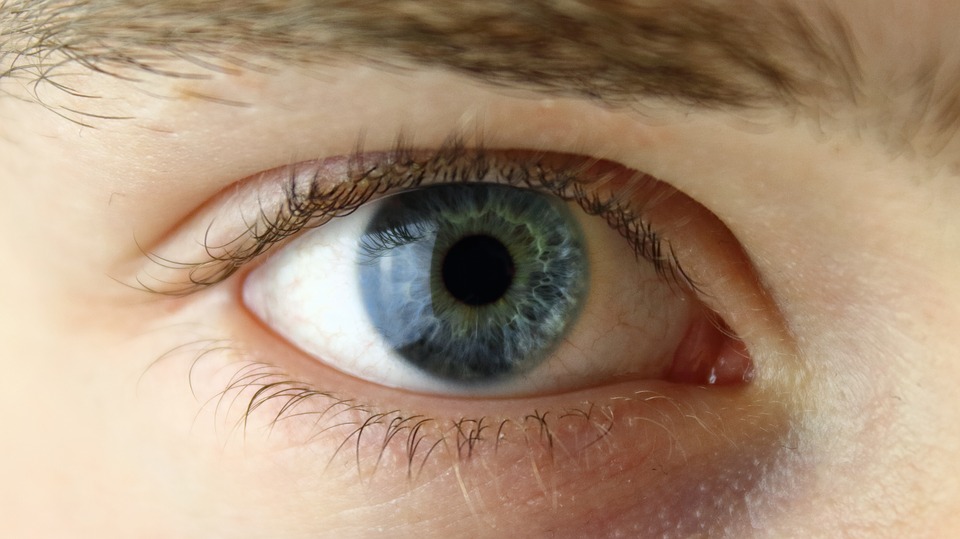The majority of people today spend at least a few hours each day gazing into some kind of screen. It is a difficult thing to avoid in the modern world. People rely heavily on digital devices for both work and play, as well as for shopping, gathering information and countless other daily activities. With this constant bombardment of electronic light, it is more important than ever to be aware of how blue light can impact eye health and what can be done about it.
The Problem
Digital screens project significant amounts of blue light — often directly into a viewer’s eyes from a very short distance. Prolonged exposure to blue light is known to cause eye strain. Eye strain associated with blue light from electronic devices is specifically referred to as “digital eye strain.” Digital eye strain can have symptoms ranging from mild to highly disruptive. Headaches, blurred vision, and eye dryness are among the most common symptoms. Digital eye strain may also contribute to upper back and neck pain, as well as problems maintaining long-term focus.
Blue Light Can Cause Damage
Though more research is needed, a more serious potential complication of exposure to blue light is retinal damage. Studies have shown that there may be a link between retinal damage caused by exposure to blue light and age-related macular degeneration. Blue light reaches deeper into the human eye than other light colors. This intensified exposure on the retinas can damage the cells there.
While it is difficult to avoid exposure to digital screens altogether, a nutrient called lutein can help to preserve eye health. It is an important component in the natural protective pigment of the human eye, found in the macula lutea. The pigment acts as a barrier to the harmful effects of light, including blue light. Because of this important function in the body, including this nutrient as a dietary supplement may prevent retinal damage, eye strain, and even age-related macular degeneration resulting from blue light exposure.
How To Get More Lutein In Your Diet?
While it is possible to incorporate lutein through a diet rich in dark, leafy greens, the recommended dosage of 6 to 10 milligrams to ward off the effects of blue light can be assured through the use of a supplement. Spinach, kale, collard greens and many other foods are all good sources, but food preparation and cooking can impact the quality and amount of lutein available to the body. A daily supplement will provide the full health benefit of this remarkable micronutrient, and ensure that nothing is lost along the way.





Leave a Reply